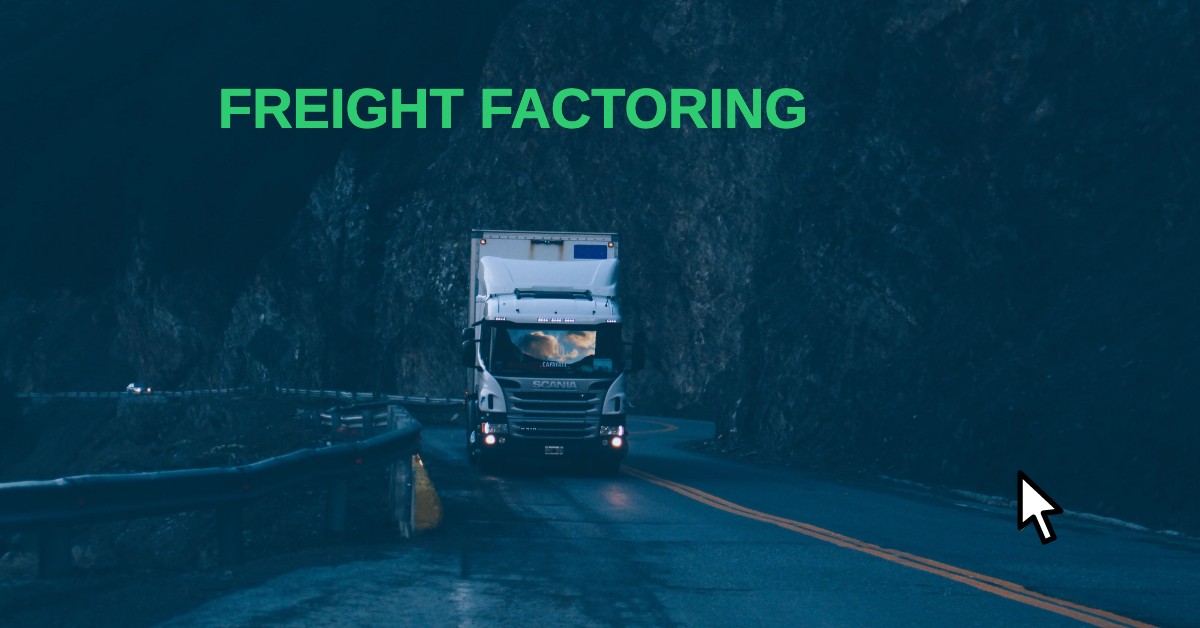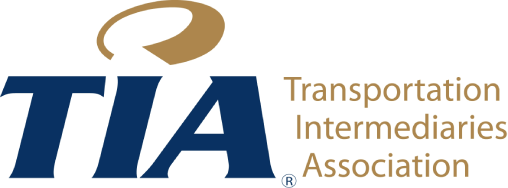What is Freight Truck Factoring?
- Posted on 25 Mar, 2022

Freight truck factoring is not a business loan. Rather, invoice factoring is the process of selling your freight account receivables to a third party for a cash advance of up to 98% of the invoice value. Often the top cited reasons for doing this are:
- Accelerate cashflow
- Outsourced credit screening
- Outsourced billing
- Outsourced collections
Having invoices “due on receipt” eliminates collection work but also dampens sales. Typically, commercial sales are offered payment terms of 30, 60, or 90 days. In the freight industry, it often takes 40 days to fully process payouts to a trucking company. Factoring offers truckers quicker cash receipts to pay for fuel, cover payroll, fund on-the-road expenses, underwrite repairs, expand the ability to take on more loads or invest in more equipment. Per Brodmin.com:
- On average, small businesses spend 15 days each year chasing late invoice payments.
- Around 13% of invoice payments of small businesses are late.
If your company has sufficient working capital to fund operations and has already invested in back-office infrastructure or software, factoring may not be beneficial. If not, it may be useful to understand the basic parameters of dealing with a freight factoring company.
- Application
- Fees
- Terms
- Non-recourse versus recourse
- Payment types, speed, and turnaround
Applicants begin the process by submitting their operating authority (US Motor Carrier or DOT number and FMCSA credentials), proof of insurance, and credit information. While consideration is given to the credit history of the carrier, there are other factors, all of which can drive the fees and terms imposed by the factor. Factoring fees typically range from 2% – 5% per invoice. All other things being equal, fees are influenced by:
- Creditworthiness of the shipper or broker – the payment history of the payee of invoice
- Diversified customer pool – a single large customer can become a single point of failure
- Invoice validation procedures – Rate Confirmation, Bill of Lading (BOL), proof of delivery (POD), packing slips or any additional load documents become simpler to handle electronically with volume. The factor’s efficiency in invoice audit, carrier notification or broker communication also matters
- Funding options – ACH (automated clearing house) direct deposit, bank wire, fuel card
- Financing Volume – the more you factor as an account, the lower the percentage charged
- Invoice advance percentage – by factoring a lower percentage of an invoice, factors have more “collateral” on an individual invoice
- Additional benefits – dispatching services, emergency roadside assistance, tire discounts, insurance down payment assistance or truck financing may accrue with full-service factors
- Speed of payment – the faster the payment, typically the higher the discount. Some factors offer payment within hours of invoice validation. Many have a 24-hour standard – subject to a cutoff time on a given business day. If payment advance extends too long, the benefits of factoring diminish.
- Borrowing capacity – limiting your credit line to a percentage of your outstanding invoices
- Aging fees – additional discounts for slow-paid invoices; related are “clearance day” which does not post checks paid immediately but adds business days after check receipt, increasing aging.
- Operational fees – scanning, processing, invoicing, monthly minimum volume should be understood
The invoice percentage factored can both drive fees and be considered a “term” of financing. The portion of an invoice that is not part of an advance can be thought of as a “reserve” to mitigate default or offset slow payment. Invoice “aging fees” will accrue additional discounts the longer it takes to receive payment of your freight invoices to a factoring company. “Clearance days” may extend your aging. Other fees that could be assessed include but are not limited to invoice prep, setup, or lien-release fee.
Most factoring contracts are for 12 months or less. However, is there an automatic renewal? Is there a required notice period? Do receivables which have been advanced by your factor but have yet to be paid by your customer prohibit you from cancelling, even if it means automatically extending your term? Is flexible cancellation an option? Is there a minimum factoring volume required? Do all your receivables have to be factored or can you “spot factor” – that is, pick and choose which invoices to finance?
Recourse and non-recourse clauses govern whether a factor can collect from you directly if your customer pays slowly or does not pay your freight bills. Non-recourse is often a limited clause that offers protection if your customer declares bankruptcy after you have been advanced.
Freight factoring and many of its leading companies have been around for decades. Among the reasons for the growing popularity of factoring is bank financing has become more restrictive. Trucking companies, especially newer ones, are pursuing other forms of funding. Increasingly, some owner-operators want to simply focus on delivering loads while offloading office support such as credit checks or collections to a professional company better suited for these tasks. Invoice factoring creates a more predictable cash flow that can fund operations or underwrite expansion.
The factoring terms and qualification process vary by provider. There is significant competition among factors. So, be sure to get multiple quotes and pick from those companies best suited to your needs. Be sure to understand the terms of any proffered contract. While words matter, trustworthiness and credibility are paramount as well. Will factors enforce every single term as a cudgel to nickel and dime you at each turn? Will factors work with you in good faith for the best interests of all parties? Will factors stand behind their commitments to perform as expected or look for ways to shirk their responsibilities? Do factors have trucking industry expertise? Remember, factors may contact your customers directly to collect invoices. You want assurances that those exchanges are professional and respectful – to prevent damaging your relationship with shippers or brokers.
It is important to get work from a diverse group of shippers to reduce your dependency on one or two large customers. As a truck brokerage company, A & Z Trucking can assist in diversifying your customer pool. Our national cross docking facilities and load consolidation services better match FTL or LTL shipments with carriers across the continent. Our history in the trucking business extends for decades. If you have no problems with truck financing or would prefer not to deal with freight factoring, ask about our QuickPay option.
Your brokerage company should be a true partner that can add value in all areas of your business. Look for a logistics company that has stellar customers, best practices, modern tools, and deep relationships across the industry to provide solutions regardless of the need. A & Z Trucking’s reputation is predicated on accurate billing, professional communication, and quality service that earns repeat business. Our loadboard has opportunities for:
- General Freight
- Intermodal Trucking
- Flatbed Trucking
- Step-deck Trucks
- Refrigerated Freight
- Expedite
- Oversize
- LTL and FTL
- Dry Bulk
- Liquids
- And much more…
Additional questions? Call A & Z Trucking at 845-569-7299 to learn more about working with us!





